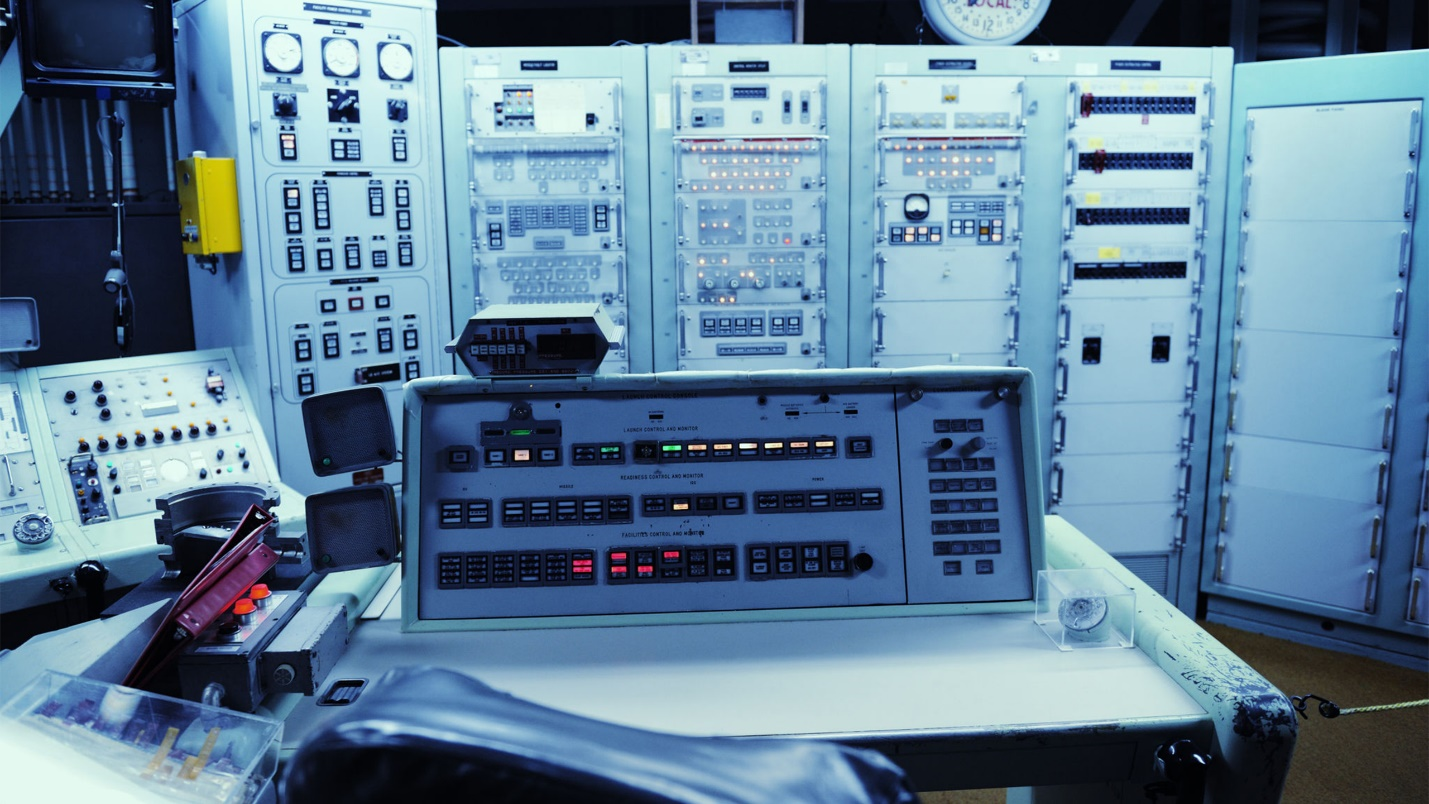
UK Grocery Inflation Eases to 5% in August 2025
UK grocery inflation eases to 5% in August 2025, showing slight relief. Consumers shift to value shopping as branded items rise and dining out declines.

The global military establishment is undergoing considerable changes and utilizing technological developments to enhance capabilities. To improve defense operations and boost military effectiveness, major trends including artificial intelligence (AI), robotics, and the internet of things (IoT) are enhanced. Four aspects of the battlefield are evolving as a result of new military technology trends: connectivity, lethality, autonomy, and sustainability. Concerns about how soldiers identify and locate their enemies, communicate with one another, and manage operations are addressed through connectivity solutions.
Overall the effectiveness of warfare operations is increased by advances in missile and weaponry systems that boost effectiveness. Organizations use robotics and AI to carry out choices with no or minimal human influence. In addition to providing training opportunities, augmented reality (AR) improves the mission effectiveness of on-field forces. Soldiers can access mapping data, movement markers, and other information through wearable glasses or augmented reality headsets. This improves ground forces’ ability to make situational decisions in real-time.
Such use of AI in defense improves military computing thinking for intelligence, surveillance, and observation tasks. The use of automated weapon systems and equipment safety management by computer vision reduces the number of casualties among soldiers. Defense producers can test new iterations of military products and provide predictive maintenance for military assets by utilizing digital twins and machine learning. Organizations are also creating self-organizing intelligent systems that cooperate in the direction of a strategic goal utilizing cluster computing.
To counter new threats, militaries are creating more sophisticated and advanced military technology. There are currently developments in everything from space militarization to directed energy weapons and hypersonic flights. Additionally, the defense sector has made reaching net-zero emissions one of its goals. This transition is made easier by investments in military aircraft powered by hydrogen fuel and electric propulsion on the battlefield. Additionally, defense agencies are pushing biotechnology and nanotechnology research to develop self-healing armors and other cutting-edge machinery.
Securing forces, enhancing situational awareness, reducing soldiers’ physical and mental stress, and facilitating mobility over challenging terrain are just a few of the military’s key objectives. Armed forces can accomplish these goals and dominate the terrain, and build on gains by using RAS technologies. RAS is becoming more crucial to ensuring freedom of movement and mission success with the least amount of risk to personnel. The usage of drones improves situational awareness on the battlefield. Additionally, multi-mission robots make it easier to clear a minefield, conduct search and rescue missions, destroy explosive cannons, and provide logistical assistance.
It is crucial to understand that new emerging innovations are causing the face of war to change exponentially. Both offensive and defensive military capabilities are mostly driven by lethal autonomous weapons, intelligent systems, and artificial intelligence (AI). Military communication is secure and reliable thanks to 5G and blockchain’s hyper-converged and protected connectivity.
These trends, which include the development of hypersonic aircraft, directed energy weapons, and quantum computers, will have a significant impact on how militaries function. Because of this, defense startups continue to create dual-use technology and military and civilian upgrading solutions. Only a small proportion of the extensive trends such as Brain-computer interfaces, space militarization, and nanotechnology, among other innovations, will change the industry.

UK grocery inflation eases to 5% in August 2025, showing slight relief. Consumers shift to value shopping as branded items rise and dining out declines.

Zelenskiy–Trump summit boosts markets as equities rise and the dollar steadies amid growing peace hopes. Investors await Fed insights at Jackson Hole for further direction.

Statistics Canada is investigating an accidental early release of June manufacturing data, raising concerns over data governance and market integrity. The agency has launched an internal review to strengthen its publishing protocols.

Investor confidence in France is deteriorating as political gridlock and budgetary uncertainty deepen.

June 09, 2025: Canada will host the 50th G7 Summit from June 15 to 17 in Kananaskis, Alberta, amid heightened global tensions and economic rifts.

May 30, 2025: Canada’s economy expanded at an annualized rate of 2.2% in the first quarter of 2025, outperforming the market forecast of 1.7%.

At seventeen, Professor Richard Rose stepped into a world few adults dare to navigate: the world of children fractured by trauma. He wasn’t a clinician then, nor a scholar. He was simply a young man with a heart tuned to the quiet ache of others.

Following a distinguished Law Enforcement career Joe McGee founded The Securitatem Group to provide contemporary global operational specialist security and specialist security training products and services for private clients, corporate organisations, and Government bodies. They deliver a wide range of services, including complete end-to-end protection packages, close protection, residential security, protection drivers, and online and physical installations. They provide covert and overt investigations and specialist surveillance services with a Broad range of weapons and tactical-based training, including conflict management, risk and threat management, tactical training, tactical medicine, and command and control training.

Jay Wright, CEO and Co-Owner of Virgin Wines infectious energy, enthusiasm, passion and drive has been instrumental in creating an environment that encourages talent to thrive and a culture that puts the customer at the very heart of every decision-making process.

Fabio de Concilio is the visionary CEO & Chairman of the Board at Farmacosmo, a leading organization dedicated to mental health and community support services. With a deep commitment to identifying and meeting customer needs, Fabio ensures that high standards are maintained across the board.

Leave us a message
Subscribe
Fill the form our team will contact you
Advertise with us
Fill the form our team will contact you